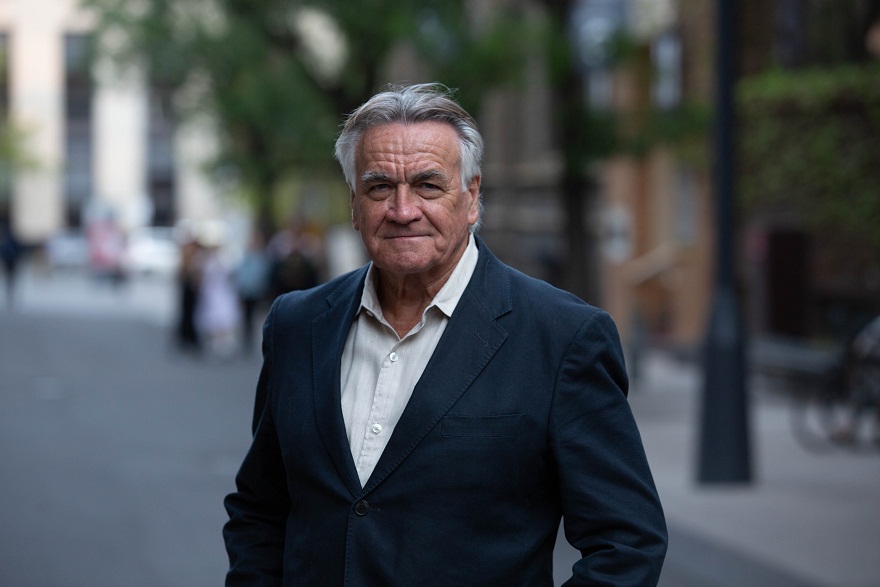In a world of political agendas and dishonest rhetoric, it is time for the media to step up and call out the nonsense.
That was the message from former host of the ABC’s Insiders discussion program and high-profile journalist Barrie Cassidy in Melbourne last night.
Speaking for the first time in his role as RMIT adjunct professor, Cassidy took the opportunity to deliver a firm assessment of the current media ecosystem.
“So much of what we see and read is now straight out propaganda,” he said.
“It’s the media’s responsibility to call out nonsense when they see it, to distil the dishonest rhetoric from the debate, and to try to put the shrill accusations from all sides into perspective, not contribute to the process.
“The media should resist the temptation to cover politics as they would a football match, analysing the strategy and the tactics, rather they should be putting the focus on the policies and how these policies would impact on people.”
Cassidy delivered a wide-ranging address, covering a host of major global stories including; the recent Federal Election, the state of US politics, Brexit and climate change.
On climate change, Bon Hawke’s former Press Secretary took the opportunity to have a quip at another high-profile media personality.
“The science is in,” he said.
“The most recent was presented to the United Nations summit last week. Presented by the World Meteorological Organisation.
“Now I’m no expert. And neither is Alan Jones. But I reckon the World Meteorological Organisation probably are. And what do they say – with absolute conviction? That the last five years has been the hottest five years ever.”
Describing the modern media as a “battleground”, he pointed out the danger of outspoken commentators, who are often given a voice by the media.
“I think it started some 10 years ago, when News Corp publications started running nonjournalists as op-ed commentators,” he said.
“Many of them don’t respect journalism as a profession and they don’t mind obsessing about rival journalists and publicly attacking them, professionally and personally.
“That has changed the nature of the business. The camaraderie has largely disappeared. But, more to the point, it has given the right the ascendancy in much of the public debate.”








